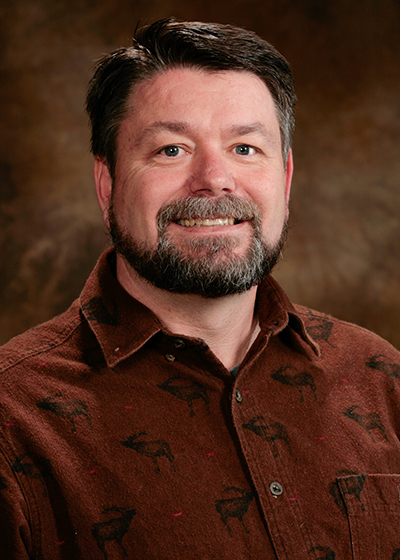Marty Matlock, executive director of the U of A office for sustainability and program director for the UA System Division of Agriculture's Center for Agricultural and Rural Sustainability, presented a series of workshops to staff for the U.S. Senate and House of Representatives in Washington, D.C., on Monday, July 15. The presentation was sponsored by the National Coalition for Food and Agricultural Research.
Matlock reported that agricultural producers in the United States are among the most sustainable in the world by almost every key performance indicator. Sustainable agriculture initiatives in the U.S. such as the Field to Market Alliance for Sustainable Agriculture have established strong methods for benchmarking and monitoring key performance indicators across cropping systems. Research from land grant universities such as the University of Arkansas has played a critical role in reconciling global metrics for sustainable agriculture and development of innovations that allow for increased yields while reducing pesticide use, soil erosion, water use, and other critical impacts.
According to the U.S. Department of Agriculture's fiscal year 2013 Outlook for U.S. Agricultural Trade, agricultural exports from the U.S. will reach almost $140 billion this year. This is a 44.5 percent increase over the 2009 export value of $96.3 billion. The impact of these exports is far greater than just the economic value to U.S. producers; they support over a million jobs, increase food security around the globe, and mitigate food price shocks that affect the well-being of over 2 billion people who are economically vulnerable.
Matlock described how the University of Arkansas System Division of Agriculture and the University of Arkansas have provided global leadership in creating science based, outcomes driven, technology neutral, and transparent metrics for sustainable agriculture. "If we are going to feed 9.5 billion people using sustainable agricultural practices by 2050 we will need to coordinate what we measure, how we measure, and why we measure, so that we can make the most effective decisions to insure that we continue to improve human prosperity for current and future generations" said Matlock.
Topics
Contacts
Carlos Ochoa,
Office for Sustainability
479-575-2405,
Marty Matlock, Executive Director,
Office for Sustainability:
479-575-2849,
